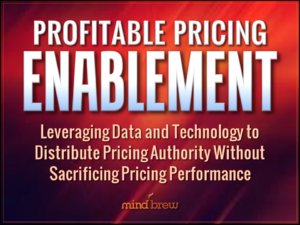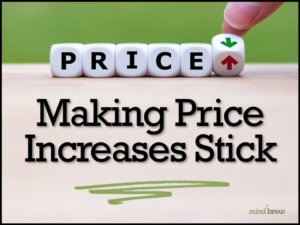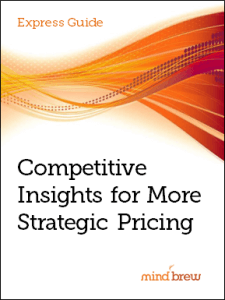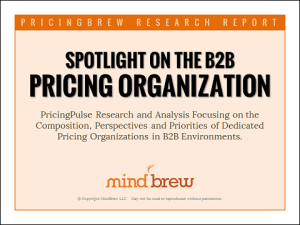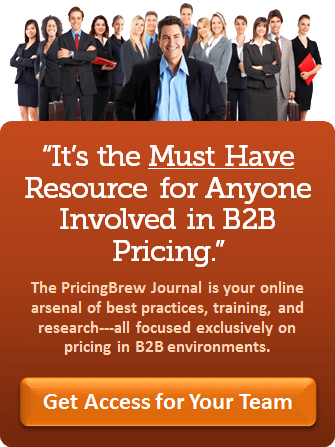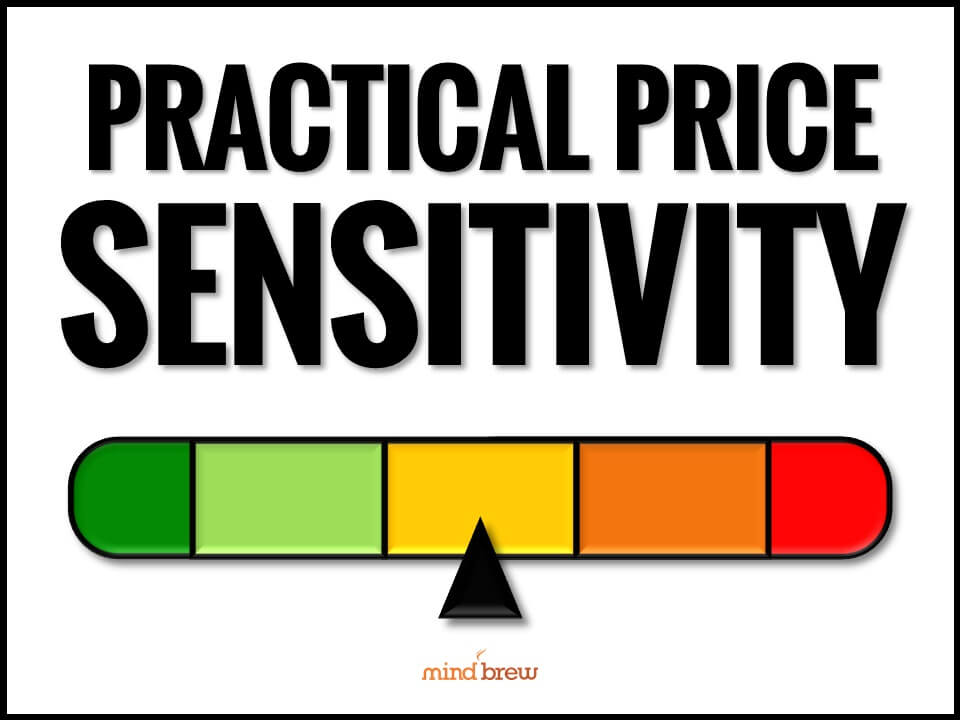For determining the efficacy of a pricing strategy, financial performance alone just doesn’t tell you very much due to all of the disparate factors at play.
After all, you can be making good money while still leaving a ton of dough on the table due to a lame pricing strategy. Conversely, your pricing strategy could be spot-on, while at the same time other issues are driving you out of business.
So, what do you do? How do you know? How can you tell if your pricing strategy is really effective or not?
In the PricingBrew Journal, there’s a self-assessment—Ten Signs Your Pricing Strategy Stinks—designed to help people determine their odds of having an effective pricing strategy. It’s simple and really straightforward. And in less than ten minutes, you can get a pretty good idea about whether or not your pricing strategies are as effective as they really could be.
But as I walked through the assessment myself, I couldn’t help but wonder, “What are the odds that any B2B company really has this stuff nailed?”
And I had to conclude that the odds were not great.
Not because the assessment itself refers to anything particularly sophisticated when it comes to pricing processes or practices—it doesn’t—it’s all fundamental stuff.
But how many companies really focus on the fundamentals these days? Whether we’re talking about pricing, sales, marketing—or any other business function—isn’t it far more exciting for executives, employees, and shareholders alike to chase the latest buzz and get on the latest bandwagon?
Now, I could be wrong. In fact, I would love to be wrong. But unfortunately, I think the odds are in my favor on this one.

